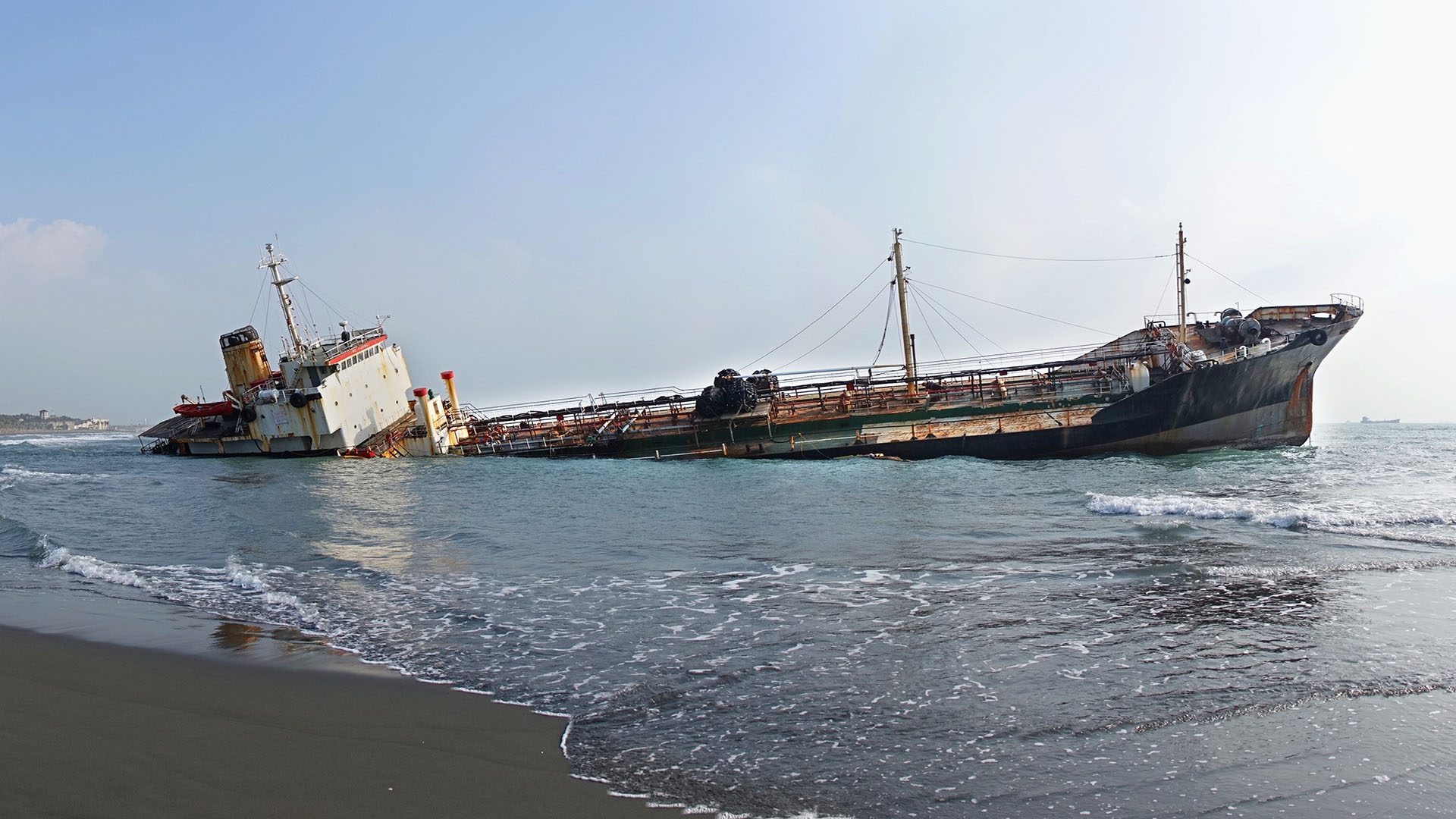
Grounding
Weakness in bridge organisation is the main reason for grounding. Safe navigation requires effective command, control, communication and management. Insufficient voyage planning, overconfidence in pilot and communication problems with pilot can lead to dear occurrences.
Loss of power and/or steering is naturally also a cause of grounding and is covered in the machinery section.
Facts & Findings
In our experience, most groundings occur due to:
- heavy weather conditions, such as strong tides, currents, winds and heavy rains,
- dragging of anchor,
- evasive actions to avoid collision,
- Navigational errors (not plotting position correctly and/or frequently enough).
Preventive measures
- The crew must understand the importance of adherence to the bridge management procedures.
- Passage planning should be made with detailed plans marking dangers and safe-water limits especially in coastal waters, pilotage areas and port approaches. Review weather, current and tide conditions.
- Position must always be verified through proper use of charts, radars and other position fixing devices as well as cross checking navigational information using available means. If possible bearings should be taken.
- Always keep updated official charts for area of voyage.
- Whilst at anchor, keep a 24h bridge watch and monitor the position of the vessel to detect dragging. Second anchor should be prepared and lowered to sea level for immediate use in case of emergency.
- The master is in command of the ship at all times and may delegate the conduct of the ship to a pilot if he finds him experienced and competent. The master should not hesitate to supervise, question or overrule the pilot’s decision if any indications of problems arise.
- Master and pilot should agree on a pilotage passage plan and language to be used between ship, pilot and shore.
- The pilot should be presented a completed pilot-card. The vessels manoeuvring characteristics should also be communicated.
- Participation at the Maritime Resource Management (MRM) Course is recommended in order to foster positive attitudes, favouring good personal communication, excellence in leadership skills and compliance with operating procedures.